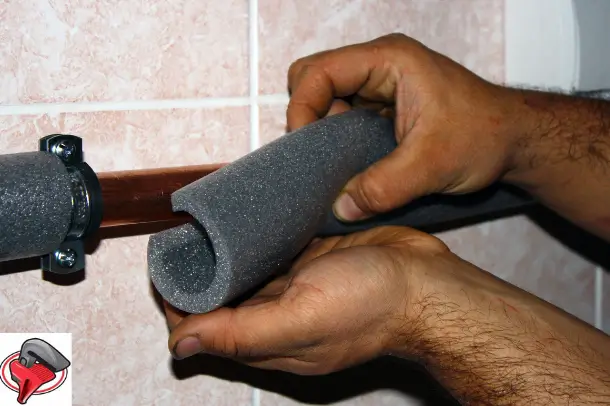
As the temperature drops, homeowners need to be especially vigilant about plumbing issues that arise during the winter months. Cold weather can have a major impact on your plumbing system, leading to costly repairs and inconvenient disruptions. In this blog post, we’ll provide essential cold weather plumbing tips to help you protect your pipes, minimize damage, and ensure your plumbing remains in top shape throughout the chilly season.
How Cold Weather Affects Your Plumbing
Before diving into prevention strategies, it’s important to understand how cold weather can affect your plumbing system. When temperatures drop below freezing, water in your pipes can freeze, expand, and cause the pipes to burst. This can lead to water damage, high repair costs, and significant property loss. In addition to frozen pipes, winter weather can cause issues like increased pressure on your plumbing system and difficulty in accessing the water supply.
- Insulate Pipes to Prevent Freezing
One of the most effective ways to protect your plumbing from the winter cold is by insulating vulnerable pipes. Focus on unheated areas like attics, basements, garages, and crawl spaces where pipes are most susceptible to freezing. Use foam pipe insulation, heat tape, or pipe sleeves to help keep the temperature around the pipes above freezing. By insulating these pipes, you reduce the risk of them freezing and bursting during severe cold spells.
Tip: Don’t forget outdoor faucets. Disconnect garden hoses and install foam covers on exterior faucets to protect them from freezing.
- Keep the Heat On
If you plan to be away from home for an extended period, keep your home’s heat running at a minimum of 55°F (13°C). Even if you’re not home, maintaining a steady temperature inside will help ensure your pipes stay warm and safe from freezing. In extreme cold weather, it’s especially important to avoid shutting off the heat entirely, as it can create the perfect conditions for frozen pipes.
- Let Faucets Drip During Extreme Cold
When the weather forecast predicts extreme cold, let your faucets drip slowly. This is especially important for faucets located near exterior walls or in unheated areas. A slow drip helps prevent water from standing still in the pipes, reducing the likelihood of it freezing. While this method may increase your water bill slightly, it can save you from expensive pipe repairs later on.
- Seal Cracks and Openings Around Pipes
Check for gaps or cracks around windows, doors, and walls that could allow cold air to reach your pipes. Sealing these openings with caulk or foam insulation can help maintain the warmth around your plumbing. Even small gaps can lead to freezing problems, so be thorough in your inspection.
Pro Tip: Use weatherstripping on doors and windows, and foam insulation to seal gaps where pipes enter your home. This helps keep cold air out and warm air in.
- Maintain Your Water Heater
Cold weather places added strain on your water heater, so it’s important to make sure it’s working efficiently. Flush the tank to remove sediment buildup, check the thermostat setting (it should be set to around 120°F or 49°C), and inspect the area around your water heater to ensure it’s not drafty. Additionally, consider adding insulation to the tank to keep it warmer, especially if it’s located in a cold area.
- Know How to Shut Off the Water in Emergencies
In case of a frozen or burst pipe, it’s important to know how to quickly shut off your water supply. Locate your home’s main water shutoff valve and ensure everyone in your household is aware of its location. This can help minimize water damage until professional help arrives.
- Regularly Inspect Your Plumbing System
Before the winter season sets in, perform a thorough inspection of your plumbing system. Look for any signs of leaks, cracks, or damage in both interior and exterior pipes. By addressing any plumbing issues before the cold weather arrives, you can avoid unnecessary stress when the temperatures drop.
Tip: Schedule an annual plumbing inspection with a licensed plumber to catch potential problems early.
Conclusion
Cold weather can wreak havoc on your plumbing system if you’re not prepared. However, with the right precautions and a little effort, you can prevent freezing pipes, reduce the risk of costly repairs, and keep your home’s plumbing running smoothly all winter long. Don’t wait until the first freeze hits—take proactive steps now to protect your home’s plumbing and enjoy a worry-free winter season.


